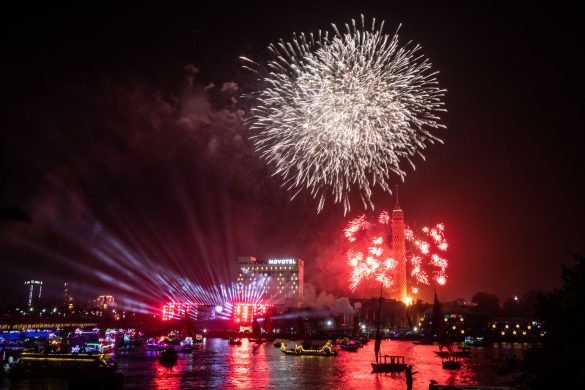ZIMBABWE: Rural living standards now apply in the capital
HARARE, 2 August (IRIN): The lifestyle normally associated with an urban society is fast disappearing from Zimbabwes once bustling capital, Harare.
The citys 2,8 million residents are adopting a way of life more akin to the Southern African countrys rural areas, where drinking water is drawn from shallow pits and electricity is all but unavailable, although the metropolitan areas population density has produced its own quirks, such as untreated sewage spilling onto the streets.
Millions of city dwellers are adapting to the ruralisation of Zimbabwes urban areas, brought on by the collapse of service delivery in an economy once described as one of the most promising in Africa.
No escape from the decay for the middle classes
In the capitals affluent areas of Chisipite, Borrowdale and Glen Lorne, erratic power supplies have turned electrical hobs and other appliances into little more than decorations, and dusk is greeted by clouds of smoke billowing from suburban homes as the well-heeled residents use wood-fired ovens for cooking their evening meal.
– With each passing day, we have forsaken and abandoned the basic comforts and lifestyles associated with living in an urban environment, particularly a capital city like Harare, said Dadirai Chimuko, who lives in Chisipite.
– It is becoming more and more difficult to distinguish the difference between living in a rural area and an urban area, because the truth is that urban areas in Zimbabwe are fast becoming more and more like rural areas, said she.
She told IRIN that she had not had potable water for three months and had dug a shallow well on her property.
Electricity rationing has reduced availability to four hours a day, even for those with access to the power grid, since the national power utility, Zimbabwe Electricity Supply Authority (ZESA), introduced daily 20-hour cuts.
ZESAs energy production relies mainly on thermal power stations, but its ability to do so is severely handicapped because it does not have the necessary finance to buy the coal from the Hwange Colliery Company, the sole supplier, or the foreign currency for spare parts to maintain its power stations.
The power utility is producing less than half its normal output, and Zimbabwe relies on electricity imports from neighbouring South Africa, Mozambique and the DR Congo, although shortages of foreign currency have led to wrangling over payments in a region where economic demands are outpacing energy supplies.
Price controls
Zimbabwe is facing severe shortages of just about everything from water to petrol, and four out of five people are without jobs. According to international donors, in the coming months more than a quarter of its 12 million people will be living on food handouts.
The government introduced price controls six weeks ago, ordering retailers and wholesalers to slash their prices by 50 percent. Stock flew off the shelves, only for the goods to reappear on the parallel market at prices even more expensive than before the government introduced price controls: foods like beef and chicken are almost unobtainable on the formal market, and beer is a rarity.
Empty shelves
The attempt to curb hyperinflation resulted only in empty shop shelves. Inflation is estimated at over 4.000 percent, although some independent economists put the rate at 40.000 percent; if current economic trends prevail, the International Monetary Fund expects inflation to reach 100,000 percent by the end of the year.
Mabvuku, one of Harares high-density suburbs, is pockmarked with shallow wells, a consequence of potable water not being available in the area for the past six months.
– It looks like the municipal authorities and the government have abandoned us. Recently there was an outbreak of diarrhoea and several people died after drinking unsafe water, Constance Chiminya, a resident, told IRIN.
– Because authorities cannot provide the community with any form of water, we are now resorting to digging shallow unprotected wells, which we share with some animals, noted she.
Kilde: FN-bureauet IRINnews















